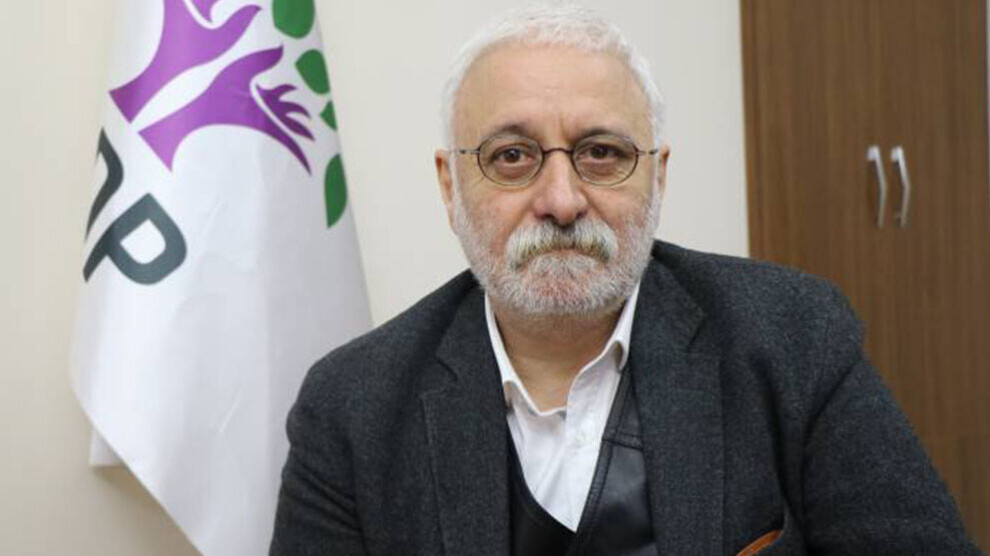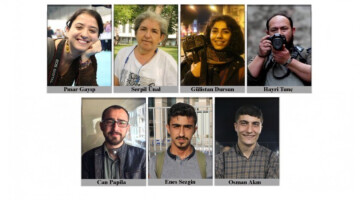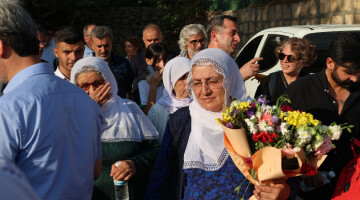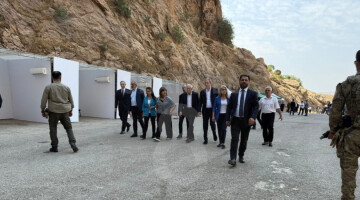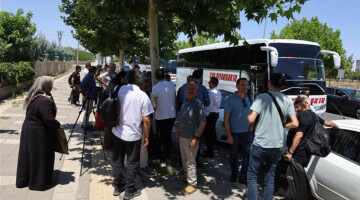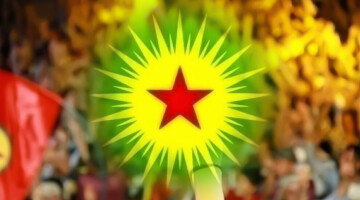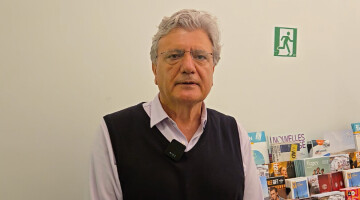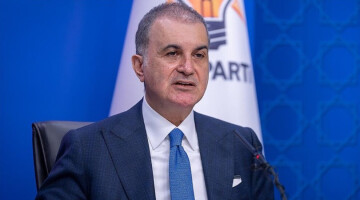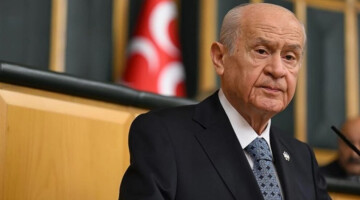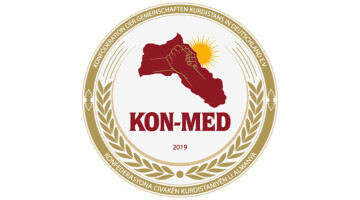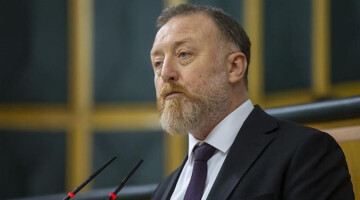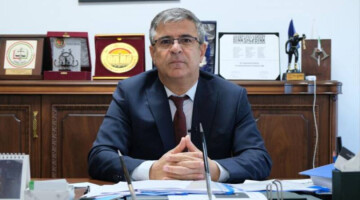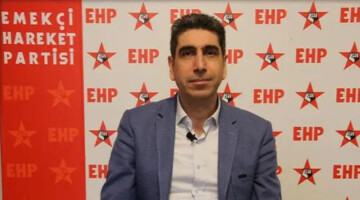Large parts of the population in northern Kurdistan and Turkey are increasingly falling below the poverty line. High inflation rates and skyrocketing food prices are causing more and more people to go hungry. Just on Tuesday, the Turkish lira reached a new low. The Erdogan government's failed Corona policy is causing infection numbers to skyrocket. Despite the high infection rates, the Turkish regime does practically nothing to cushion the population socially. Turkey ranks second among countries where the population receives the least support in the face of the crisis, the International Monetary Fund (IMF) stated. The escalation of the pandemic is also largely due to the neoliberal, capital-oriented economic policies of the AKP/MHP regime. A real lockdown and contact closures were prevented and the pandemic was downplayed at the cost of countless lives. As of Monday evening, the number of reported cases had risen to 90,980, and the number of unreported cases is likely far higher. Now the government issued a three-week curfew, starting today (Thursday).
Oruç: "Pandemic policy conducted haphazardly"
HDP deputy Saruhan Oluç said: "The AKP chairman has imposed a three-week lockdown. We have noticed dozens of times that the pandemic policy is conducted haphazardly, without a program and according to the AKP's political agenda. The current example proves this once again. We see from the current developments today that wrong and flawed measures have been taken."
Oluç stated that a total lockdown should not take place without social protection. He cites as an example that wage compensation for short-time work is already discontinued after 19 days and that this has already caused massive damage to many workers. The politician called for an extension of the short-time allowance to one year.
The current lockdown is flimsy, and in particular leads one to suspect that the lockdown is much more about preventing protests against the regime on May 1.

